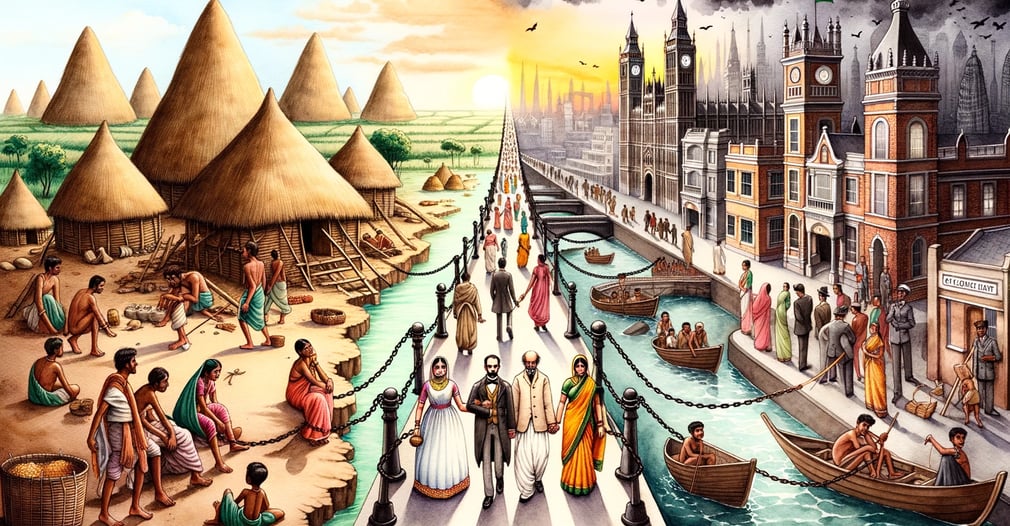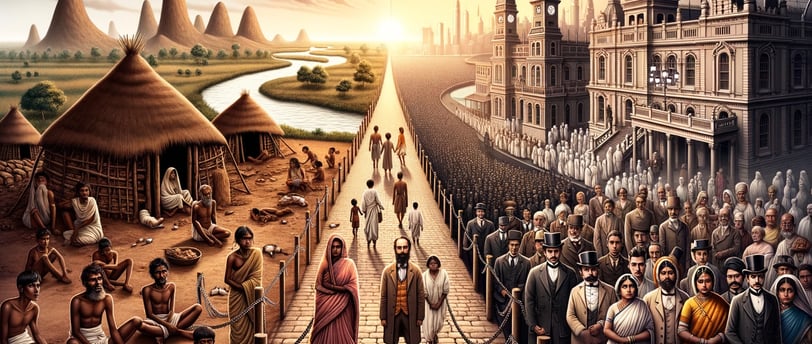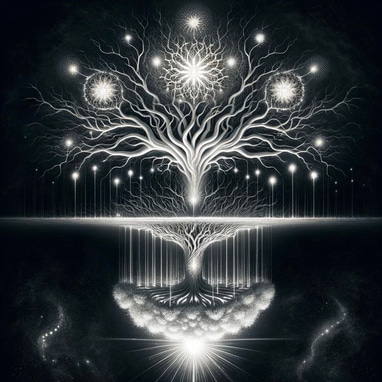Shackles of Time: Gender Dynamics from Ancient Roots to Modern India
Spanning from the eras of primitive India to colonial influences, this article delves into the intricate fabric of gender dynamics. It underscores the profound impacts of societal norms, literature, and history on both men and women. Through the lens of Simone de Beauvoir's "The Second Sex", the narrative offers hope for a brighter, more equal future.
WOMEN'S RIGHT
10/2/20232 min read


Shackles of Time: Gender Dynamics from Ancient Roots to Modern India
Introduction:
Simone de Beauvoir's seminal work, "The Second Sex," provides a profound exploration of the intricacies of gender dynamics. Written in the historical backdrop of France, where women grappled with issues such as voting rights, abortion, and birth control, de Beauvoir's insights resonate even today, particularly in countries like India and the USA
Roots in Existentialism and Subject-Object Dichotomy:
De Beauvoir's existentialist perspective emphasizes that one's lived reality is pivotal in shaping identity. At the heart of this discourse lies the dichotomy between subject and object. Men are often the default subjects, defining themselves autonomously, while women are relegated to the status of "the other" or the object, defined in relation to men.
Societal Constructs:
Indian society, like many others, is riddled with mechanisms that perpetuate gender dynamics. Stereotypes that women are intellectually inferior lack empirical grounding yet persist . Colonial views, such as orientalism, further propagate these beliefs, perpetuating the subordination of women . Narratives of unmarried goddesses being portrayed as aggressive further amplify these stereotypes.
Marriage and Societal Expectations:
Marriage, a deeply entrenched social institution in India, often operates within a paradigm that confines women. Societal paradigms project that a woman's primary roles are marriage and motherhood. Furthermore, the pervasive beauty myth pressures women to conform to certain aesthetics.
Becoming Women:
Echoing de Beauvoir's assertion, women aren't born but become women through societal conditioning. Indian cinema, for instance, often objectifies women, exemplified by movies like "Kabir Singh".
Questioning the Norms:
To stride toward genuine gender equality, one must challenge deep-rooted norms. The institution of marriage, for instance, while revered, isn't imperative for everyone.
Honour and Identity:
The intertwining of honour with female identity can have tragic consequences, including honour killings. When caste and religion enter the fray, women's issues often recede into the background.
Breaking Stereotypes and Men's Pressures:
Men, too, grapple with societal pressures. From being stereotyped for their driving skills to conforming to masculinity, both genders are trapped in societal constructs.
Intersection with Indian Literature:
Literature, from the "Kamasutra" to the "dharma shastras," often mirrors and amplifies patriarchal norms in India. Both Indian and Victorian literature resonate with suppressing female autonomy, positioning women as subjects contingent upon male perspectives.
Conclusion:
"The Second Sex" is more than just a reflection of France during de Beauvoir's time. It is a call to introspect, challenge, and reshape societal norms, making it as relevant in India today as it was in France then.


My post content


